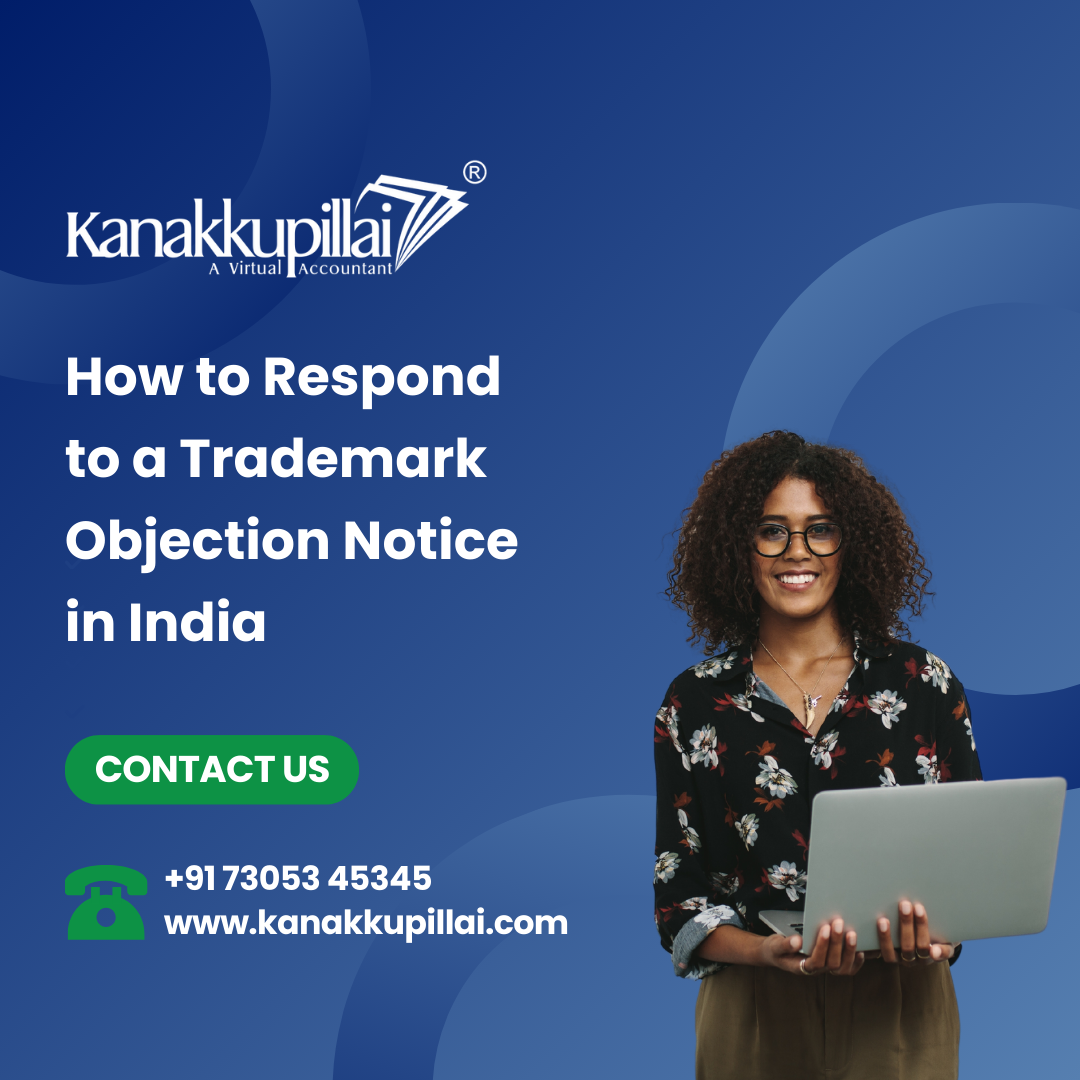How to Respond to a Trademark Objection Notice in India
Receiving a trademark objection notice can be concerning, but it’s a standard part of the trademark registration process in India. The objection notice is issued by the trademark examiner if there are concerns about your trademark application. Here's a simple guide on how to respond to it.
1. Understand the Objection Notice
The first step is to read the objection notice issued by the Trademark Registry carefully. The notice will specify why the trademark has been objected to. The objections are usually based on:
- Section 9: The trademark lacks distinctiveness or is descriptive.
- Section 11: The trademark is identical or similar to an existing registered trademark.
2. Consult a Trademark Attorney
If you need help with how to respond, it's advisable to consult a trademark attorney. An expert can help you understand the reasons behind the objection and guide you in preparing a response.
3. Prepare a Response to the Objection
Your response should include:
- Counterarguments: Provide reasons why your trademark is distinct and doesn’t conflict with existing trademarks.
- Supporting Documents: Include any evidence (such as sales invoices, advertisements, etc.) that proves the uniqueness or long-standing use of your trademark.
- Legal Precedents: Reference any legal cases or judgments that support your claim.
4. Submit the Response Online
You must file your response within 30 days of receiving the objection notice. You can do this online through the Trademark Registry portal.
5. Attend the Hearing (if required)
If the Registrar is not satisfied with your written response, you may be required to attend a hearing. In this case, you or your attorney will need to present your case in person.
6. Wait for the Final Decision
After submitting your response and attending any required hearings, the Registrar will review your case and issue a decision. If your response is accepted, the trademark will proceed to publication in the Trademark Journal. If rejected, you may appeal the decision to the Intellectual Property Appellate Board (IPAB).
Key Tips:
- Act quickly: Respond within the given deadline to avoid delays or rejection.
- Be thorough: Ensure your response addresses all points raised in the objection.
- Seek professional help: An experienced trademark attorney can significantly increase your chances of success.
By following these steps, you can effectively handle a trademark objection and move closer to getting your trademark registered.





Comments